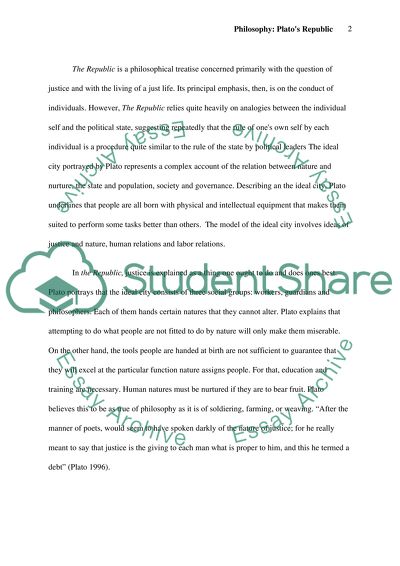Cite this document
(“Philosophy: Plato's Republic Essay Example | Topics and Well Written Essays - 2000 words”, n.d.)
Philosophy: Plato's Republic Essay Example | Topics and Well Written Essays - 2000 words. Retrieved from https://studentshare.org/miscellaneous/1505387-philosophy-platos-republic
Philosophy: Plato's Republic Essay Example | Topics and Well Written Essays - 2000 words. Retrieved from https://studentshare.org/miscellaneous/1505387-philosophy-platos-republic
(Philosophy: Plato'S Republic Essay Example | Topics and Well Written Essays - 2000 Words)
Philosophy: Plato'S Republic Essay Example | Topics and Well Written Essays - 2000 Words. https://studentshare.org/miscellaneous/1505387-philosophy-platos-republic.
Philosophy: Plato'S Republic Essay Example | Topics and Well Written Essays - 2000 Words. https://studentshare.org/miscellaneous/1505387-philosophy-platos-republic.
“Philosophy: Plato'S Republic Essay Example | Topics and Well Written Essays - 2000 Words”, n.d. https://studentshare.org/miscellaneous/1505387-philosophy-platos-republic.


